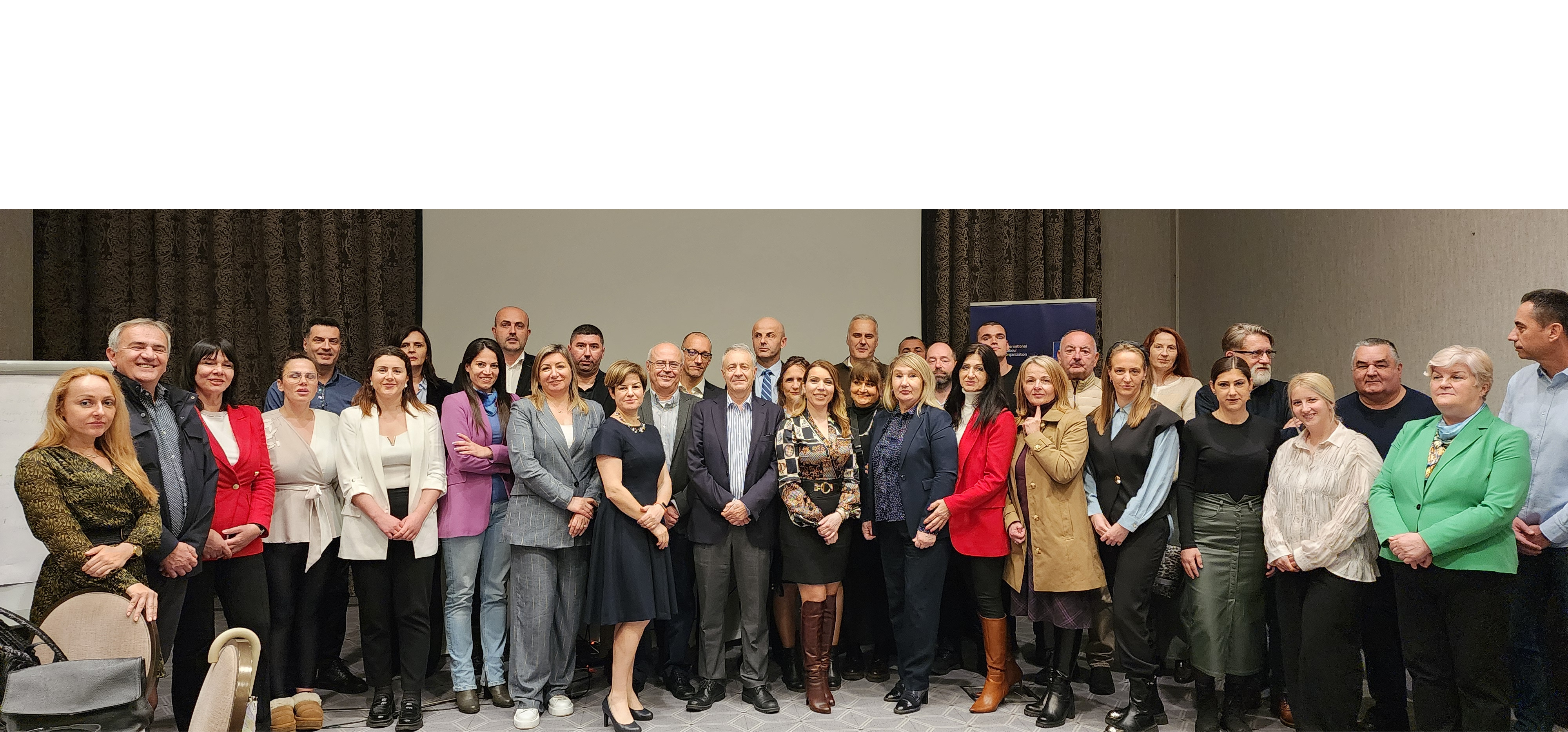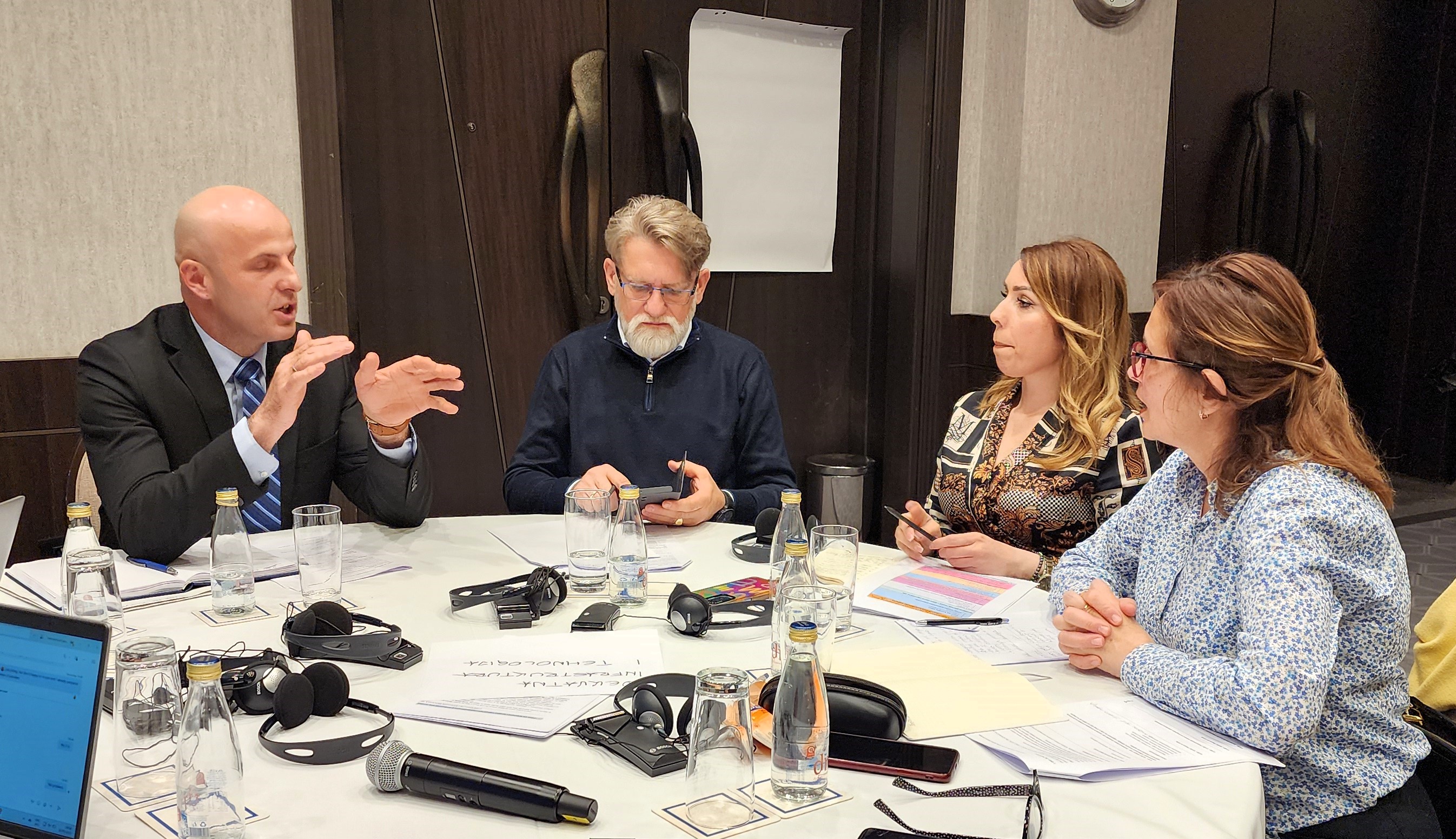News
26 March 2025 |News
Towards a roadmap for more effective OSH Management and Services in Montenegro

©ILO: WORKSHOP ON OCCUPATIONAL SAFETY AND HEALTH (OSH) MANAGEMENT AND SERVICES, MONTENEGRO

©ILO: WORKSHOP ON OCCUPATIONAL SAFETY AND HEALTH (OSH) MANAGEMENT AND SERVICES, MONTENEGRO
Podgorica, Montenegro, March 25-26, 2025 – In a significant move towards enhancing Occupational Safety and Health (OSH) services, key stakeholders in Montenegro have successfully completed a two-day workshop to develop a transformative roadmap. This initiative which gathered Ministry of Labour, Employment and Social Dialogue, Directorate for Occupational Safety and Health and the Occupational Safety and Health Inspectorate, Labour Inspectorate, Ministry of Health, Institute of Public Health, Ministry of Mining, Oil, and Gas, Employers’ and Workers' Organizations, and the Institute for Development and Research in the Field of Occupational Safety, aimed to address the evolving needs and challenges in OSH management and services.
The first day of the International Labour Organization's (ILO) workshop on Occupational Safety and Health (OSH) Management and Services in Montenegro concluded with a series of insightful discussions and comparative analyses. Held in Podgorica within the framework of the Employment and Social Affairs Platform (ESAP) 3, a project funded by the European Union, the event brought together key stakeholders from various sectors to explore best practices in OSH services from Croatia, Slovenia, Spain, Germany, and Brazil, and to contextualize these practices within Montenegro's unique landscape.
The workshop opened with welcoming remarks from ILO, the European Delegation and the Ministry of Labour, Employment and Social Dialogue representatives, setting the stage for a comprehensive examination of international OSH models. Participants delved into the state-based approach, where detailed regulations govern both internal and external OSH services, and the insurance-based approach, exemplified by Germany and Spain, where accident insurance institutions play a pivotal role in preventing employment injuries. The market-based approach, prevalent in countries like the UK and USA, and the agreement-based approach, typical in Nordic countries with strong traditions of collective bargaining, were also discussed.
Throughout the day, experts presented case studies highlighting the strengths and challenges of OSH services in the five countries. In Brazil, the SESMT (Specialized Services in Occupational Safety and Health) model mandates that companies with 50 or more workers establish internal OSH services, while smaller companies adopt risk management plans. Germany's model emphasizes the integration of occupational physicians and safety specialists, supported by statutory accident insurance institutions, ensuring a comprehensive approach to workplace safety.
Spain's system allows for flexibility, with employers choosing between internal and external prevention services based on company size and risk level. Slovenia's approach mandates internal services for larger companies, with external services supplementing where necessary. Croatia's model requires detailed professional qualifications and continuous training for OSH specialists, ensuring high standards of practice.
Participants engaged in lively discussions, comparing these international practices with Montenegro's current OSH system. They identified several challenges, including a shortage of occupational physicians, limited contact between workers and prevention services, and a lack of multidisciplinary approaches. The decoupling of safety specialists and occupational physicians and insufficient cooperation between different services were also highlighted as areas needing improvement.
The day concluded with a consensus on the need for a more integrated and multidisciplinary OSH system in Montenegro. Participants emphasized the importance of continuous professional training, adequate resources, and the technical independence of OSH professionals.
On the second day of the workshop, the stakeholders established the foundations for a robust framework designed to ensure a safer and healthier work environment for all employees across the country. The collaborative effort focused on evaluating different approaches to OSH services, identifying key priorities and challenges, and defining the roles and responsibilities of employers and appointed workers. The stakeholders also deliberated on the criteria for establishing internal and external OSH services, procedures for risk assessment, and the education and training requirements for OSH professionals. This comprehensive approach is expected to result in a sustainable and effective OSH services framework that promotes a culture of safety and health in the workplace, reflecting the commitment of all involved parties to improve OSH services in Montenegro and align with European practices in this area.





